#Elvis Hound Dog
Video
youtube
David Letterman went to the New York City Toy Fair every year for a decade, starting with the March 14, 1984 episode of Late Night. Featuring Dave’s usual funny commentary on some classic toys from the 80s and early 90s, including dangerous ones with Eric Ostendorff.
As a bonus, the beginning of the first segment features a very embarrassed (and cute) Teri Garr who accidentally misses her cue to leave and sits through the intro.
#toys#retro#1980s#1990s#ant farm#Uncle Milton#Cabbage Patch Kids#Caleco#sea monkeys#Bob Hope golf#Elvis Hound Dog#Rocky#Commando doll
25 notes
·
View notes
Text
Let's talk about Hound Dog
With the upcoming release of the movie Priscilla, it seems that there are tons of trolls out and about on Tumblr trying to inundate the #Elvis tag with lies and misinformation about Elvis.
Like, for one, that he stole music from black recording artists. One of the most pervasive--and incorrect--rumors specifically revolves around the song "Hound Dog."
People say that Elvis stole the song from Big Mama Thornton, a talented (and black) rhythm and blues singer/songwriter.

But what if I told you that "Hound Dog" was written by two Jewish guys?
And that Elvis' rendition was not based on Big Mama Thornton's 1952 version, but rather on Freddie Bell & the Bellboys 1955 version?

First, let's talk about how the song came to be in the first place.
In 1952, bandleader Johnny Otis introduced Willie Mae "Big Mama" Thornton to songwriters Jerry Leiber and Mike Stoller, who were inspired by her powerful and gritty blues style to write the song. Characterized by its bold lyrics and Thornton’s robust delivery, the song told the story of a woman dismissing a useless man from her life, with the iconic opening line serving as a euphemism for a man who is a burden rather than a benefit ("You ain't nothing but a hound dog/Been snoopin' 'round my door/You can wag your tail/But I ain't gon' feed you no more").
The writing process was influenced by both Thornton's imposing physical presence and vocal style and sought to capture her fierce and unapologetic personality without using explicit language.
And quite frankly, the song is kick ass. Have a listen here:
youtube
It was written for a woman to vocally chastise her selfish and exploitative man, making use of metaphor and sexual double entendre common in the bawdy genre, and effectively embodied Willie Mae "Big Mama" Thornton's robust and unapologetic persona.
In a stroke of genius, Leiber and Stoller crafted the iconic piece in just 12 to 15 minutes, with Leiber jotting down the lyrics spontaneously during a car ride. The process involved a challenging rhyme scheme and a complex metric structure of the music. In addition to the original version, they also created an alternate version titled "Tom Cat," adding diversity to Thornton's musical repertoire.
Thornton’s rendition of "Hound Dog" played a pivotal role in transitioning black R&B into rock music and symbolized the blending of racial lines in music ahead of legal desegregation in public schools. Initially, Thornton performed the song as a ballad, but Leiber and Stoller, who held her version as their favorite, guided her to the more rhythmic and edgy style that became iconic. New York University music professor Maureen Mahon highlights the significance of Thornton's version as "an important [part of the] beginning of rock-and-roll, especially in its use of the guitar as the key instrument."
Many assert that Elvis was the first to cover her song, but that is untrue. By the end of 1953, at least six "answer songs" that responded to 'Big Mama' Thornton's original version were released. According to Peacock Records' Don Robey (who, it would come to be known, defrauded Leiber, Stoller, and Big Mama Thornton out of money for "Hound Dog"), these songs were "bastardizations" of the original and reduced its sales potential.
By 1955, enter Freddie Bell and the Bellboys.

In 1955, Bernie Lowe of Teen Records believed "Hound Dog" could have a broader appeal and commissioned Freddie Bell of Freddie Bell and the Bellboys to rewrite and sanitize the song for mainstream audiences.
Jerry Leiber found these alterations irritating, criticizing the new lyrics for making "no sense", even though the modified version became a regular feature in Bell and the Bellboys’ Las Vegas act.
You can listen to their version here. Sound familiar?
youtube
Finally, we come to Elvis.
In 1956, Presley and his band first heard "Hound Dog" while they were in Las Vegas, where they were booked to perform at the Venus Room of the New Frontier Hotel and Casino. During their stay from April 23 to May 6 of that year, they encountered the song at the Sands Casino, where Freddie Bell and the Bellboys were performing their sanitized version of the tune, having transformed it from a racy song about a disappointing lover into a song literally about a dog.
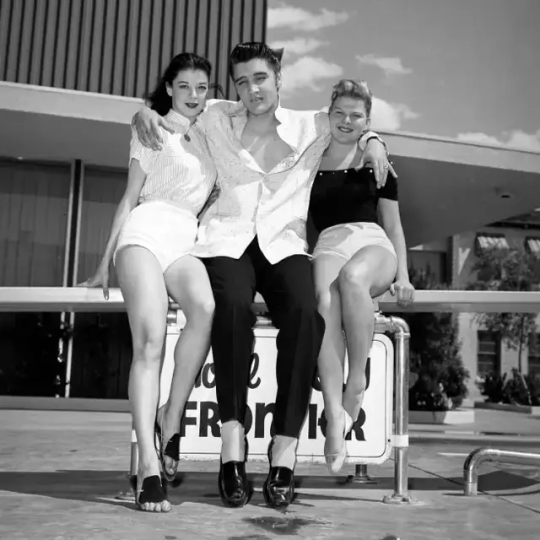
Elvis Presley was instantly captivated by the song. Its catchy melody and lyrics had him returning to the performance multiple times to grasp its chords and lyrics fully. Scotty Moore, Presley's guitarist, and D.J. Fontana, his drummer, corroborated that Elvis was heavily influenced by the Bellboys’ version of the song. Presley, although acquainted with Big Mama Thornton's original bluesy version, was more drawn to the Bellboys' rock and roll, more comedic rendition.
Soon after, Presley introduced "Hound Dog" to his own live performances, first showcasing it at the New Frontier Hotel in Las Vegas. Initially, his execution of the song bore a more measured pace and almost burlesque feel, influenced directly by the Bellboys’ comical, Las Vegas-style performance.
At around 1:30 in the video below, you can see and hear the slowed-down version as Elvis might have performed it in Las Vegas.
youtube
It was not long before the song became a staple in Presley’s performances, and a twangy guitar and a hard-driving rock and roll beat were added, making its debut as the closing number at the Ellis Auditorium in Memphis on May 15, 1956. The audience of 7,000 at the Memphis Cotton Festival witnessed the inception of what would become a classic element in Presley’s shows, enduring for a time as his standard closer.

Elvis Presley’s version of "Hound Dog" is not considered a direct lift of Thornton’s original, but rather an adaptation of a song that had not reached the status of a "standard" in the music industry. Presley encountered the song through the Bellboys’ version, which was itself one of a number of covers of the original. Furthermore, respected music analysts and critics, including George Plasketes and Michael Coyle, emphasize that most of the audience in Presley's era were not familiar with Thornton's 1953 original recording, and thus, Presley's version cannot be perceived as a theft or usurpation.
Moreover, it is essential to highlight that Presley held a deep respect for Thornton’s original version and even had a copy in his personal record collection, indicating an acknowledgment of the song's origins.
Presley's rendition of "Hound Dog," influential as it became, was part of the broader practice of artists adapting and interpreting songs to suit different styles and audiences. Presley's had often recounted his admiration for other renditions and related songs--and often rebuked the notion that he was the King of Rock and Roll, instead preferring to refer to Fats Domino with the title.
Contrary to persistent stereotypes suggesting Elvis Presley claimed sole credit for the rise of rock and roll, the singer himself acknowledged the black community’s paramount contribution to the genre. In a 1957 interview with Jet magazine, Presley openly dismissed the notion of being the originator of the genre.
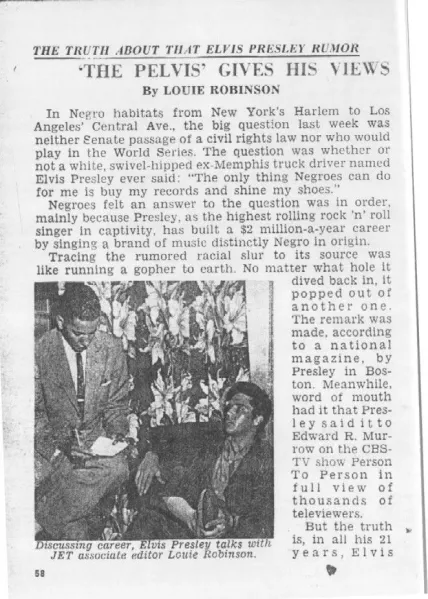

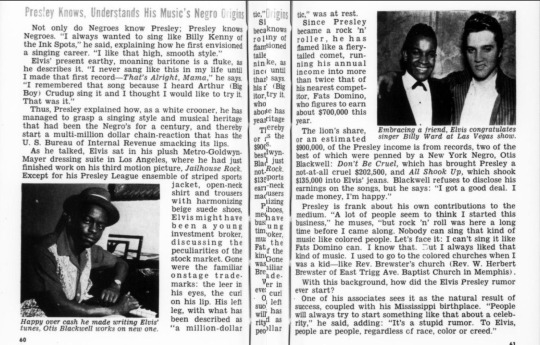
In the interview, he expressed his admiration for black musicians, conceding that his own renditions could not match the authenticity and soul of artists like Fats Domino. Elvis cited his childhood experiences attending black churches, such as Rev. Brewster’s church in Memphis, as instrumental in fostering his love for the music that would later define his career. Through such statements, Elvis sought to underscore the black community's foundational role in shaping rock and roll.
His open admiration for and familiarity with black music and black artists proved that his interpretation of "Hound Dog" was not an act of appropriation, but rather a contribution to the evolving landscape of rock and roll.
106 notes
·
View notes
Text



Some page layouts from the new children's book I illustrated about Tennessee. If you would like to pick up a copy they are available now on Amazon or from Barnes and Noble.
#my art#illustration#children's books#Tennessee#dog#hound#train#deer#Elvis#Dolly Parton#food#mountains#smoky mountains#Nashville#cartoons#character design#nature
79 notes
·
View notes
Photo
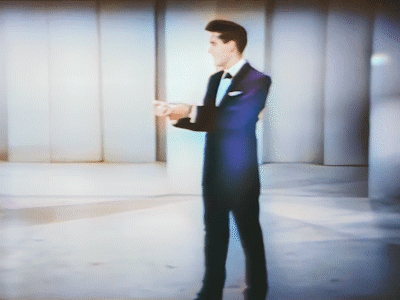
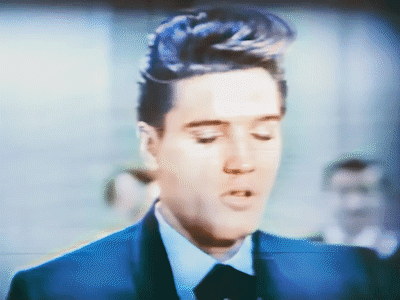
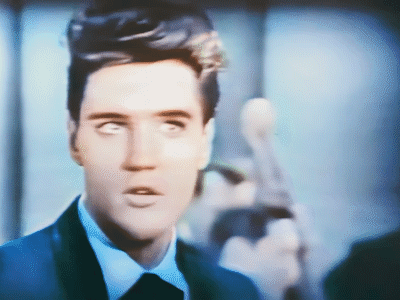
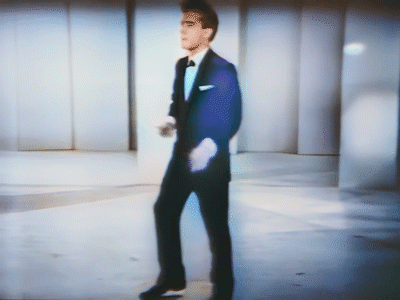
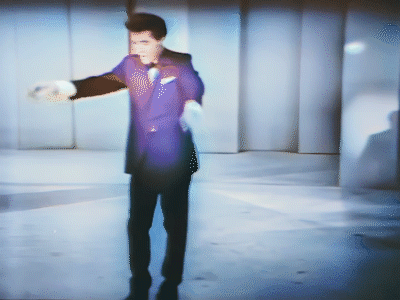
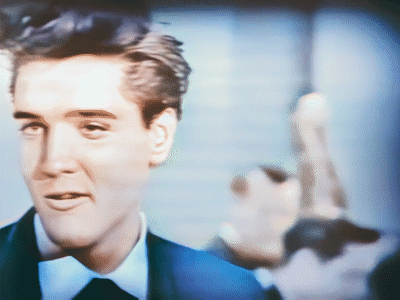
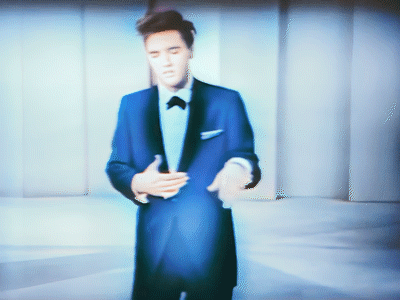
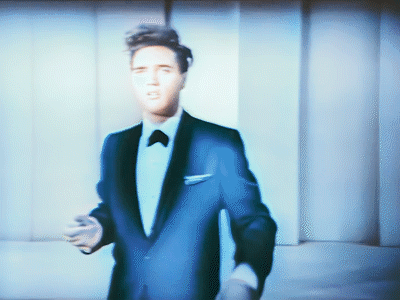
I am IN LOVE with the way music moves him.
Also, I am NOT obsessed with this performance.
#elvis#elvis 2022#elvis presley#stuck on you#austin butler#heartbreak hotel#suspicious minds#hound dog#jailhouse rock#love me tender#gi blues#trouble elvis#devil in disguise#viva las vegas#fun in acapulco#the king#rock n roll#cinemaspast#gifset
304 notes
·
View notes
Text











長夾作品的進度 The progress of men's long wallet works 🤏 😁
Title : 獨來獨往的獵犬 The Lone Hound
This's Taiwanese Aboriginal Musical Instruments, I am a serious person 😂 so I must be use this one instrument hitting myself faint like playing a homerun! LOL so I can fall asleep. otherwise I do very excited during creation and Usually it's difficult to fall asleep. I'm going to be a eagle in my next life, not an artist of any kind, it's horrible! Always controlled by my leather works, to be precise : I don't like to be controlled by anyone or anything. So I'm not an alcoholic, I'm not a drug addict, and impossible addicted on cigarettes n cigars.
這是台灣原住民樂器,我是個很認真的人 🤣,所以用它把我打昏,才能睡覺,否則創作時精神亢奮,很難入睡。 我下輩子要當一隻鷹,不要再當任何藝術家了,太恐怖啦! 總是被我的作品控制著,準確地說:我相當不愛被任何人事物控制。 所以我不酗酒,我不嗑藥,更非癮君子。XD Lan~*
youtube
Elvis Presley "Hound Dog" (October 28, 1956) on The Ed Sullivan Show Ⓢ Ⓤ Ⓟ Ⓔ Ⓡ \(。✪‿✪。) /
#chu lan#fine craft artist#朱蘭皮藝#leather art artist#台灣工藝人#artist from taiwan#leather art#crafts#leather carving single customized product order#皮雕單一客製化商品訂購#客製化皮雕#men's leather craft long wallets#男士皮雕長夾#elvis presley#hound dog 1956#Youtube
41 notes
·
View notes
Text
By the way, since I've heard it said, no, Elvis did not steal Hound Dog from African American singer Big Mama Thornton. The song was actually written by two Jewish men (Jerry Leiber and Mike Stoller) who gave the song to several other artists as well. Thornton tried to claim credit for the song, saying she wrote it because of the spin she put on it, which isn't standard practice for crediting but she did get her name on some versions. Allegedly, Leiber and Stoller also gave Thornton a lot of direction on the song and how it should be sung, though this has been disputed. The other version she recorded is noted for its Latin influences. None of this is to take away from her performance, as it's a flawless track, but to act like it was a 100% black song that was stolen by a famous white man is inaccurate.
And there's more. Although Elvis was well-versed on black American music and was familiar with the Thornton track, the version he was directly inspired by was performed by Freddie Bell and the Bellboys, a white group whose version was extremely different from Thornton's. Thornton's version reportedly had little to do with the Elvis version and personally I think it shows on the track.
Elvis absolutely sang black music, he talked about it frequently and it was extremely well known (and criticized by racists) at the time. But I see this argument circulate whenever he's discussed as a reason to cancel him posthumously, tear down statues, etc and I think simplifying the song's history down to "famous white guy steals a black song" does a disservice to the authors and erases a lot of complexities in the music industry at the time. I could go on for a while about how racist and exploitative the industry was, but for now, I'll leave it at saying that the authors themselves should be more widely known. I think any anger directed towards Elvis as a person would be better put to work a) supporting Leiber and Stoller's place in Jewish American and rock and roll history, b) studying the different approaches between the Thornton and Elvis versions and how they fit into rock history individually as two separate tracks, and c) condemning the racist, exploitative, capitalistic system that required black music to have a white man's face on it in the first place.
Here's a couple of the sources I used to fact check my recollections:
Elvis inspired by the Bellboys
A bit about the Thornton version
The Wikipedia page for the song, which gives a great summary and contains several other links
And here's a photo of Leiber and Stoller, who went on to write a lot of other famous rock songs as well:

#this has been bugging me for literal years lol#elvis#elvis presley#leiber and stoller#music#50s music#blues music#big mama thornton#music history#rock n roll#rock history#1950s#jewish history#hound dog#songwriting#elvis biopic
460 notes
·
View notes
Text

#african#afrakan#kemetic dreams#brownskin#africans#afrakans#brown skin#african culture#afrakan spirituality#afrakan woman#african music#epic video#Elvis#big momma Thornton#hound dog
80 notes
·
View notes
Text


// synchronicities
2022 | 1956
#austin butler#elvis#same pic different fonts#austin butler elvis#austin butler fanfic#hound dog#elvis movie#austin butler fanfic blog#ain’t nothin but a hound dog#austin!elvis#elvis 2022#elvis baz luhrmann#elvis presley#synchronicities#austin butler fanfiction#mel’s synchronicities
178 notes
·
View notes
Text
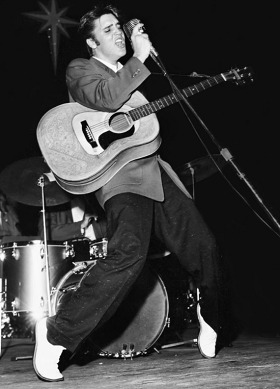
Elvis=King of Rock & Roll.
#elvis presley#elvis the king#rock and roll#falling in love with you#hound dog#mean woman blues#king creole
18 notes
·
View notes
Text
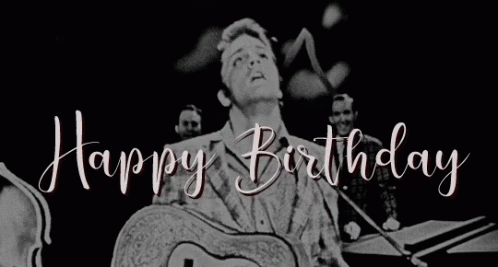

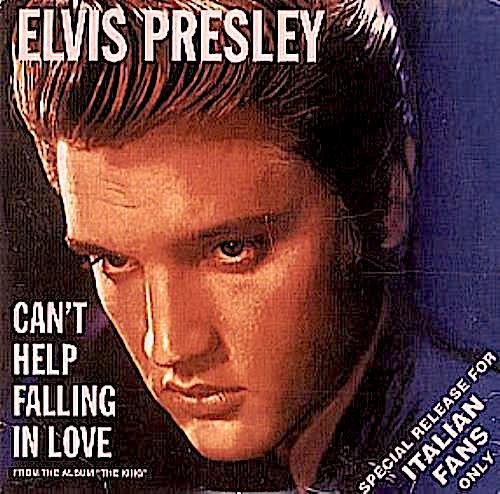
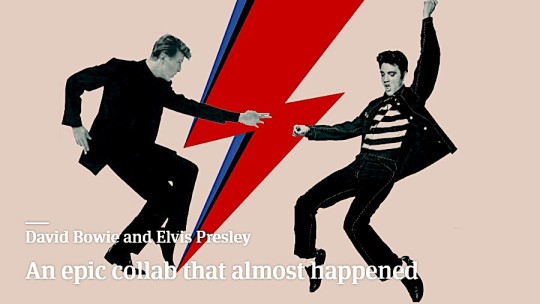



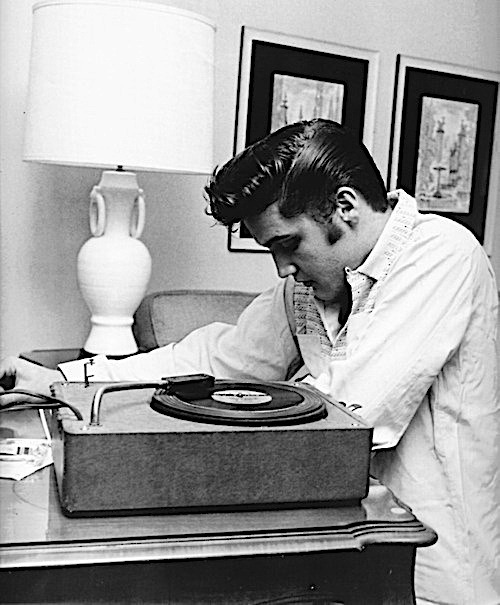
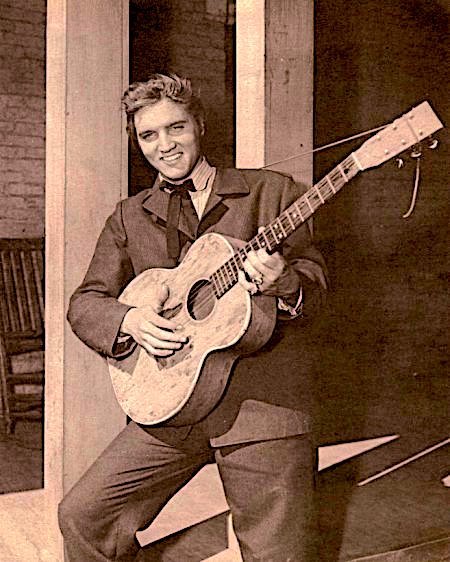
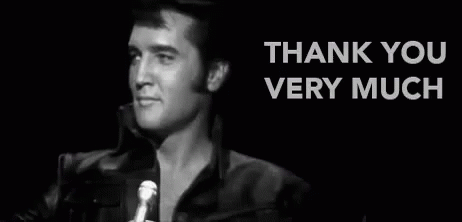
HAPPY HEAVENLY BIRTHDAY to Elvis Presley. When he turned 11, his mother Gladys took him to the Tupelo Hardware Company Store and bought him his first guitar: A 1947 Kay flat-top K19. He’d play this guitar throughout his school years and at his first Sun recording session. Also on this day: In 1956 his double-A single “Don’t Be Cruel/Hound Dog” went to #1 and stayed there for weeks. Fast forward to 1993 and the United States Post Office issued an Elvis Presley stamp.
Sidebar: 1n 1976 David Bowie demo’d the song “Golden Years” with Elvis in mind to cover it (for unclear reasons Elvis nixed it even after making a demo). Rewind to 1960 when Elvis recorded the song “Black Star” (later re-titled “Flaming Star”). That song directly inspired the Black Star theme of Bowie’s final work, and it’s remarkable that Bowie was also born on the same day as Elvis.
In 2022 Baz Luhrmann released the ELVIS film, a biopic that most people think “got it right,” portraying Elvis as channeling Pentacostal church rapture with juke joint energy into one voice, one vibration. He looms over me, be it through mindful study or cultural resonance—in 1989 I named my back-up The Rover Boys after the surname for The Million Dollar Quartet a.k.a Elvis’s legendary 1956 jam session with Johnny Cash, Jerry Lee Lewis, and Carl Perkins. Like many professional musicians, I started with cover bands playing in bars, and I’m certain I’ve learned many Elvis hits + in my solo set I do gospel songs that he favored.
Elvis’s “Can’t Help Falling in Love” is based on “Plaisir d’Amour,” a 1784 French chanson by Jean-Paul-Égide Martini, re-written by hit-making team Hugo & Luigi w/George David Weiss. The lyrics are informed by poet Alexander Pope and Bible verses. I always enjoyed the tune, but when I heard Bob Dylan cover it, I became inspired to play it. Dylan gave it a gospel flair, and that triangulation with God’s love is what I aim for when I do it. Here’s my cover of it with stories https://www.youtube.com/watch?v=ZEeb6uPiQWI&t=217s Meanwhile, HB EP
#Elvis #Presley #birthday #black #star #DavidBowie #GoldenYears #Martini #chanson #HugoandLuigi #DavyJones #Monkees #Epiphone #johnnyjblair #Kayguitar #HoundDog #Dontbecruel #king #milliondollarquartet #Johnny #Cash #JerryLeeLewis #CarlPerkins #BobDylan #Dylan #singeratlarge #postage #stamp
#johnny j blair#singer songwriter#music#singer at large#san francisco#pop rock#monkees#davy jones#Elvis Presley#black star#birthday#David Bowie#Epiphone#hound dog#carl perkins#Bob Dylan
12 notes
·
View notes
Text
Dally Dally Dally
#the outsiders 1983#dallas winston#dally winston#no sleep for greasers#sleepless edits#yes you can repost this to tiktok or where ever#fan edit#s e hinton#hound dog#matt dillon#the outsiders#elvis presley#doja cat
18 notes
·
View notes
Text







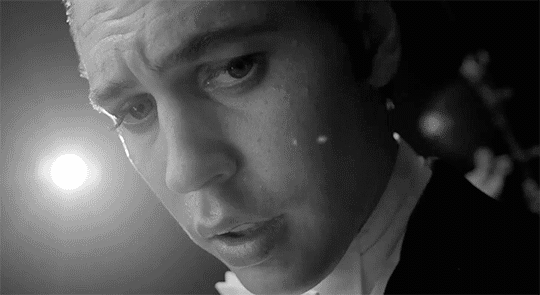
114 notes
·
View notes
Text

The incomparable Pamela Sneed pays tribute to Big Mama Thornton, the original performer of "Hound Dog" which sold over 500,000 copies, the most at that time for a Black woman. Hope the show comes back to Joe's Pub!
GIF: Bruce Morrow
@pamela_sneed #bigmamathorton #joespub #blackhistorymonth #elvispresley #hounddog #lesbianhistory #lgbtqiahistory #lgbtqhistory #blackqueerlivesmatter
#Pamela sneed#bruce morrow#brucemorrow#bruce-morrow#digital art#the moment that#my art#myart#animated gif#animated gifs#Joe's pub#public theater#big mama Thornton#elvis presley#hound dog#lgbtqia#lgbtq history#black artist#rock and roll#gifs in tumblr#gifs on tumblr#my gif#my gifs
6 notes
·
View notes
Photo
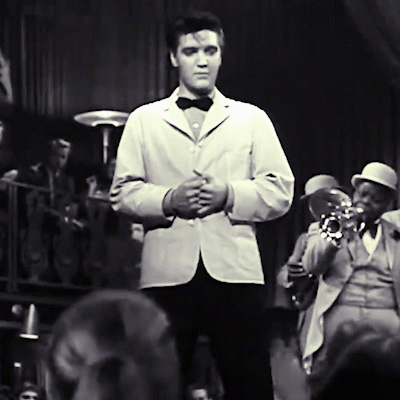
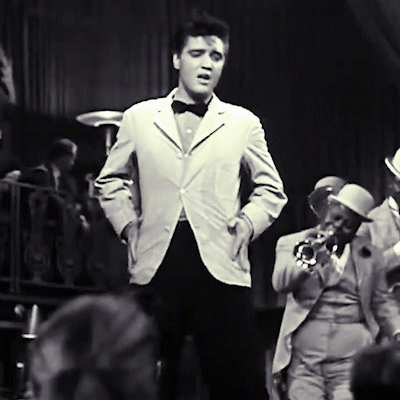
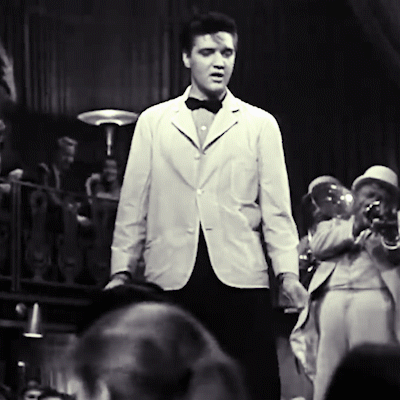
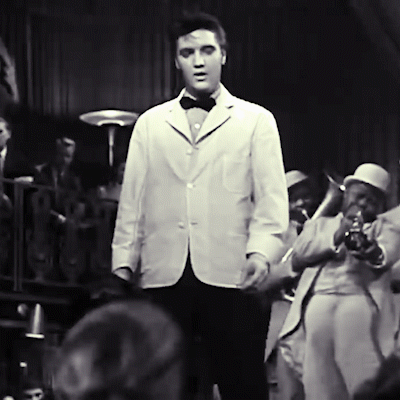
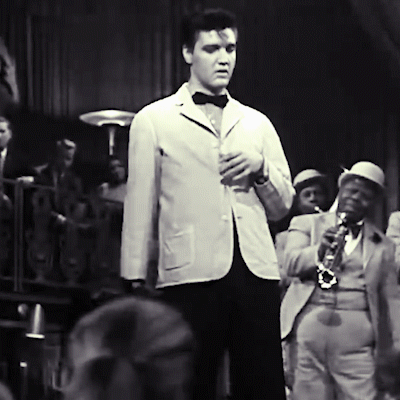
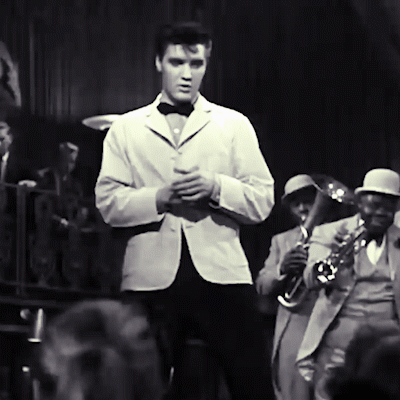

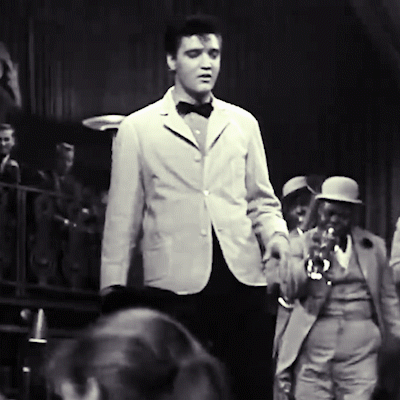
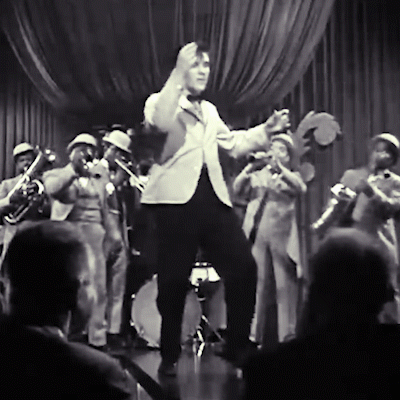

Struggling not to move, and failing majestically (thank God) during the “Trouble” performance from “King Creole”.
#elvis#cinemaspast#elvis 2022#elvis presley#trouble gifset#king creole#austin butler#viva las vegas#heartbreak hotel#suspicious minds#elvis gifset#gifs#50s#movies#hound dog#elvis aaron presley#jailhouse rock#fun in acapulco#gi blues#love me tender#girls girls girls
300 notes
·
View notes
Text
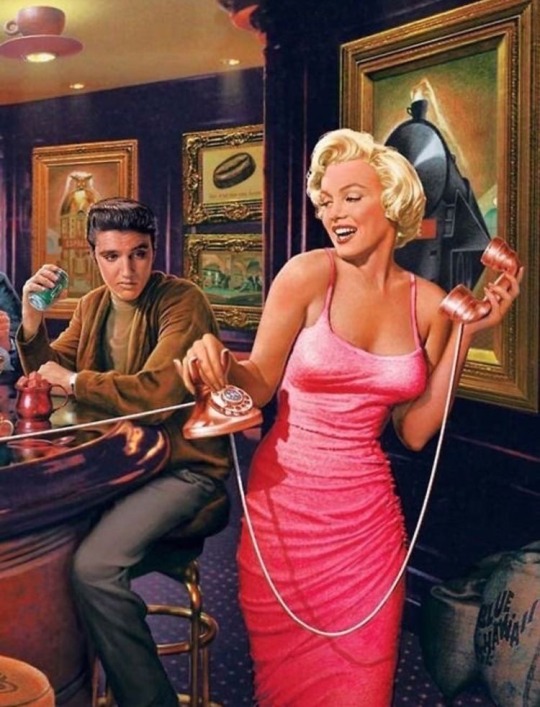
marilyn monroe and elvis presley
#marilyn monroe#marilyn#elvis#elvis film#elvis the pelvis#elvis imagine#elvis presley#pricilla presley#marilyn monroe movies#gentlemen prefer blondes#how to marry a millionaire#burning love#hound dog#jailhouse rock#vintage photography#vintage#vintage photo#old hollywood#hollywood golden age#golden age of film#golden age of hollywood#glamour#beauty#glam#expensive#royalcartier#pink#pink luxury
107 notes
·
View notes
Video
youtube
Elvis Presley ~ Hound Dog (1956)
14 notes
·
View notes